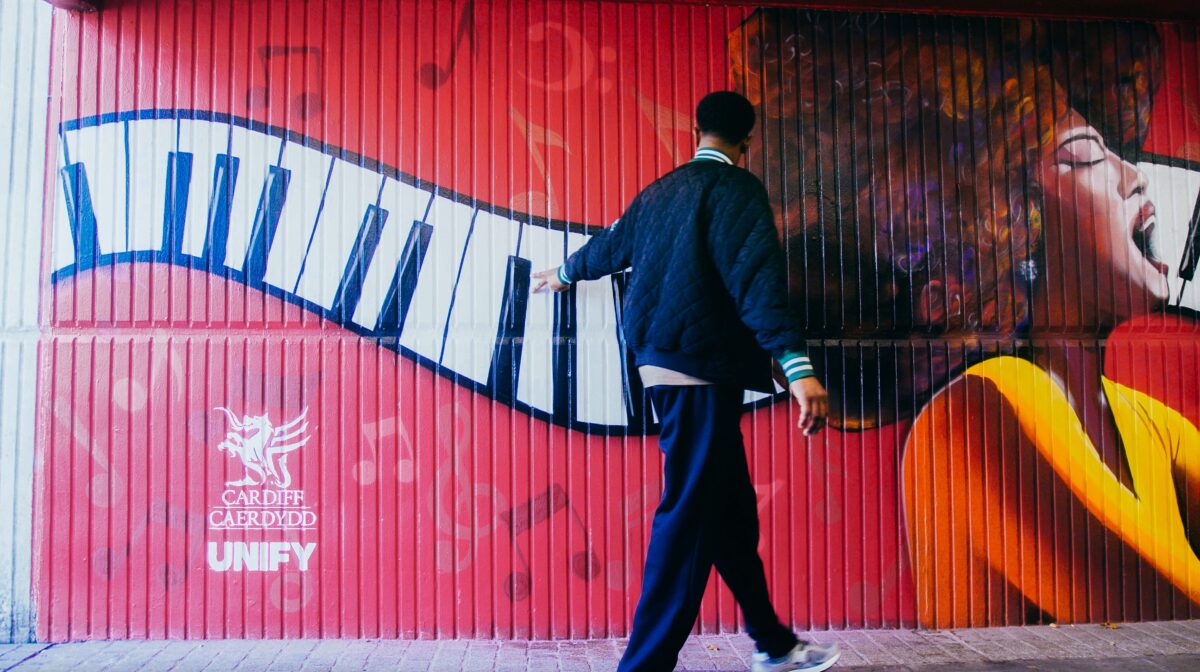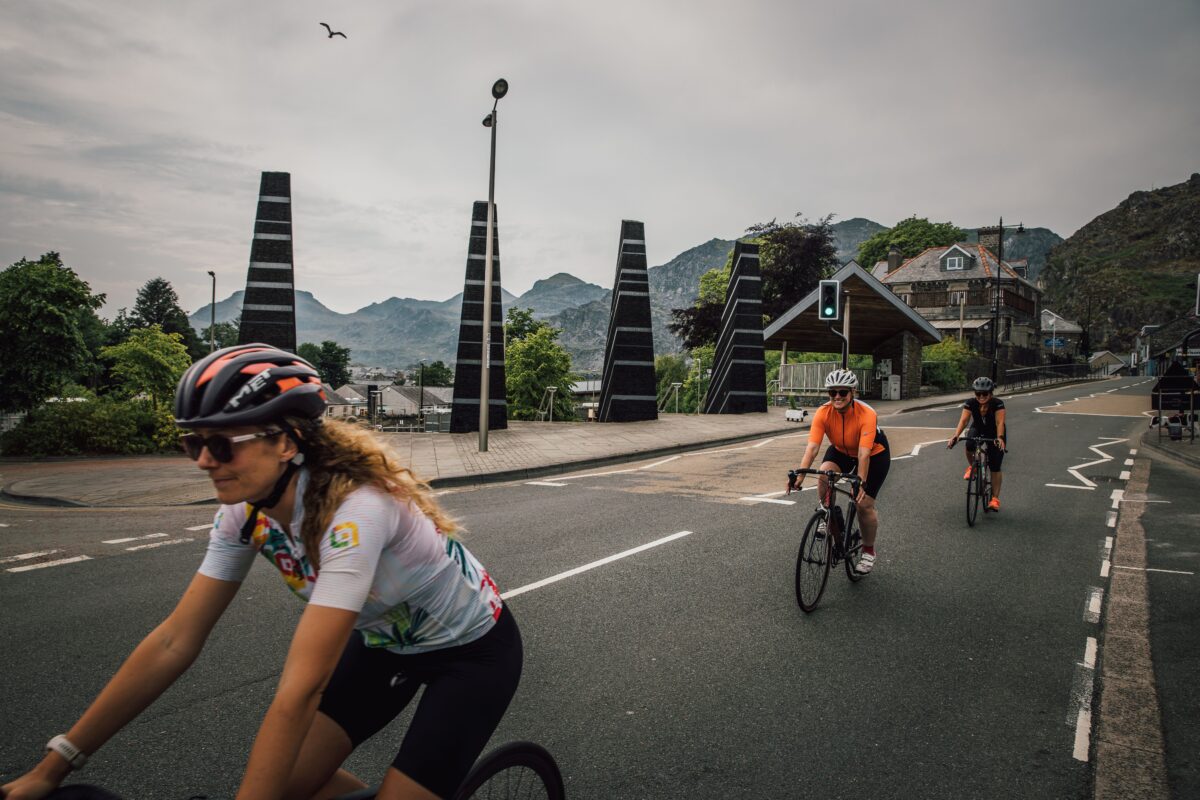
Creating spaces that really sing – how focusing on the identity of places can help secure our long-term cultural well-being
Derek Walker, Future Generations Commissioner for Wales
Wales is unique in having enshrined into law the rights of those yet to be born to live a good life. The 2015 Well-being of Future Generations Act sets out seven well-being goals. It is ground-breaking in protecting the rights of future generations as well as including cultural well-being as core to securing a sustainable future.
In our new strategy, Cymru Can, my team has set out five missions to guide our work over the next seven years, including reinforcing the positive impact of cultural well-being in Wales. Placemaking can be central to achieving this mission. There are opportunities in planning, designing and improving our places to ensure that we do so in a way that reflects local identity - including heritage, culture, language, landscape and ecological identity. For example, taking action that supports the Welsh language to thrive is key.
Retaining or re-introducing Welsh names can help preserve the connection with local heritage. In addition, the tendency for Welsh place names to have a strong topographic connection also helps root places in the local landscape - recognised in the increasing number of local authorities naming new residential roads in Welsh and the move to Welsh names only for Eryri and Bannau Brycheiniog national parks.
Taking a long-term approach is essential. How can we respond to the threat posed by climate change and associated flooding and sea level rise to heritage sites across Wales and some of the linguistic, agricultural, built heritage and cultural traditions associated with these places? Anchoring our climate adaptation plans within these considerations is crucial, including using local sustainable building materials that are fit for the future.
Storytelling is also important, and the involvement of communities in decision-making, and embedding culture and creativity into the placemaking process enables this, with positive outcomes such as the inclusion of co-produced art into the public realm.
Facilitation of local, distinct and independent business ecosystems is also important and a key part of developing meaningful identity in Welsh places and transitioning to a well-being economy and a prosperous Wales. A great example is in Blaenau Ffestiniog where locally-based businesses and social enterprises focus on a local, identity-based tourism economy.

Strengthening cultural well-being also includes supporting the fabric of communities – investing in community infrastructure and policies that enable people to afford homes in the places they live. Community is essential to identity, and unless our places are viable and affordable as places to live and work, their identity will be eroded.
The core mission of our strategy, Cymru Can, is to ensure that the Well-being of Future Generations Act is being effectively and ambitiously implemented. Placemaking must consider all the seven well-being goals to ensure that places work for people now and in the future. Starting by rooting places in their local culture and identity is a great route into outcomes that will positively impact all the dimensions of well-being.
In Cymru Can, my team and I will make it our mission to reinforce the positive impact of cultural well-being. Our vision is for a Cymru where public bodies are making the urgent changes needed to promote culture and creativity, enhance the fabric of communities and promote multi-culturalism and the Welsh language.
Harnessing the power of creativity and bringing people together to co-imagine a better future will be key to addressing some of our biggest challenges.
Cymru Can.

